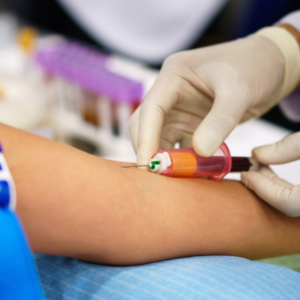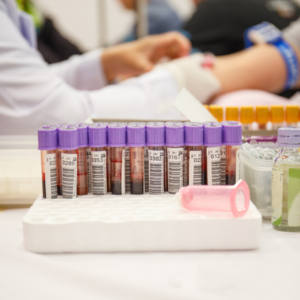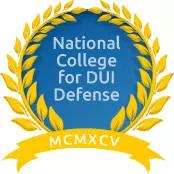A police officer may request a voluntary blood test for DWI in Texas if they have lawfully arrested you on the suspicion of drunk driving. You have a right to refuse to give a blood sample.
But if you do so, the police may obtain a search warrant from a judge to get your blood sample. Once they have the necessary warrant, they can make use of any reasonable means to obtain the blood sample from your body.
If you choose not to submit to a voluntary DWI blood test Texas, you will face legal consequences.
DWI Blood Test Results – Texas
If you submit to an arresting officer’s request for a blood test, you need not rely on the DWI blood test results from their designated lab. You will have a right to have your blood test conducted at your own expense by a medical professional of your choice – within two hours after your lawful arrest. This is nearly impossible to accomplish, however.
 If you refuse a blood test, the police officer is legally required to inform you of the consequences of such a refusal. This will include a fine, loss of driving privileges, and imprisonment if you are convicted of a DWI.
If you refuse a blood test, the police officer is legally required to inform you of the consequences of such a refusal. This will include a fine, loss of driving privileges, and imprisonment if you are convicted of a DWI.
The law also requires the police officer to inform you that your refusal to take a blood test for DWI in Texas can be used against you in the court and that you do not have a right to speak to a lawyer prior to taking the test.
Pre-Arrest Testing and Implied Consent
The implied consent law in Texas normally does not require you to submit to a breath or blood test prior to your lawful arrest. However, in order to establish the probable cause for arrest, the police officer may ask you to undergo a voluntary PAS (preliminary alcohol screening) test. This test is usually administered at the roadside with a portable device and the result is not admissible as evidence in court.
What Happens if You Refuse a Blood Test Post-Arrest
The minimum penalty for refusing to the officer’s request for a blood test post-arrest is driver’s license suspension for 180 days. If you have had at least one “alcohol-related contact” over the previous 10 years, and you refuse a blood test request, your driver’s license may be suspended for two years.
Failed BAC tests, BAC test refusals, and DWI convictions are all counted as forms of “alcohol-related contact.”
Is it a Good Idea to Refuse a Mandatory Blood Test?
Whether it makes sense to refuse a post-arrest DWI blood test in Texas will depend on your circumstances.
 The refusal may be helpful in avoiding a conviction, but the prosecution could argue that your refusal reveals that you knew you were driving drunk. In these situations, it is best to have an experienced Texas DWI lawyer by your side who can advise the right approaches to mitigate the legal consequences or avoid a conviction.
The refusal may be helpful in avoiding a conviction, but the prosecution could argue that your refusal reveals that you knew you were driving drunk. In these situations, it is best to have an experienced Texas DWI lawyer by your side who can advise the right approaches to mitigate the legal consequences or avoid a conviction.
Facing a Texas DWI Charge? Let Flood & Associates Fight On Your Behalf
An arrest doesn’t mean you’re guilty. Flood & Associates is a team of dedicated DWI defense attorneys that will fight tooth and nail for victory on your behalf. Call our team 24/7, 365 at 713-224-5529 for a free case review or contact us online to request a free consultation with one of our attorneys.









